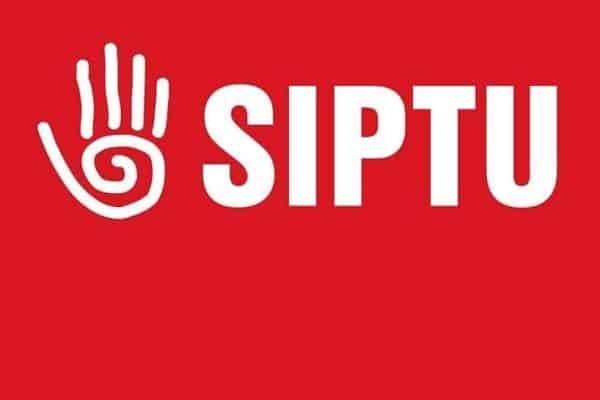The Government is taking a huge gamble on energy prices in Budget 2023 through large credit payments to companies in order to provide relief to households and businesses, according to SIPTU Researcher, Michael Taft.
“The Government’s failure to regulate energy prices means that households and businesses are taking on the risks of rising prices. The electricity credits, once-off social transfers and business supports are effectively subsidising high energy prices and may not be enough to shield the economy from long-term inflation,” Michael Taft said.
“Indeed, the threat of recession lurks in the background of Budget 2023 and it is debatable to what extent the Government’s measures will avert that prospect. The projected stagnation of growth in the domestic economy in 2023 combined with a projected inflation rate of over 15 per cent for this year and next puts Ireland in a precarious situation, in this regard.”
“The €12 increases in pension and social welfare rates in the budget will not match inflation and will leave many households struggling to make ends meet.
“SIPTU members welcome the Government’s ambition to reduce childcare fees by half over the next two years. The best way to achieve this is to treat childcare as a public service to ensure parents can access places for their children. Ultimately, this will require the State to directly provide childcare places and avoid unintended consequences arising from subsidising private sector providers such as a decline in supply. The provision of free schoolbooks is also welcome and should serve as a model for expanded and affordable public services.
“However, the failure to implement further reductions in public transport fares is a missed opportunity to reduce inflation, increase living standards and promote climate justice goals.
“The jury is out as to whether Ireland will enter recession. Real cuts in disposable household income and wages will depress spending. Rising interest rates will depress economic activity and do little to bring inflation under control – as inflation, especially energy prices, are being driven by supply-side issues.
“We will need to maintain consumer spending through controlling energy prices, significantly increasing income floors and providing public services for free or at affordable rates. If we can do this, we can still avoid recession.”







